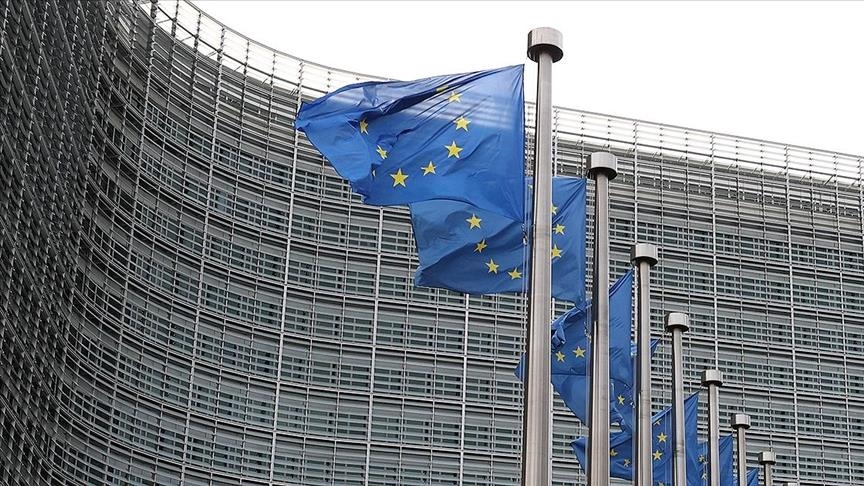

By Anadolu Agency
ANKARA
The European Commission on Wednesday released its annual report on EU candidate country Türkiye as part of its 2023 Enlargement Package.
Oliver Varhelyi, the neighborhood and enlargement commissioner, announced the package, which includes the EU Commission’s latest evaluations on candidate countries Türkiye, Serbia, Albania, Montenegro, North Macedonia, Bosnia and Herzegovina, and Kosovo.
The report repeated criticisms of Türkiye from previous years’ reports on issues such as democracy, fundamental rights, and the judiciary, criticisms that Turkish officials reject.
“Türkiye remains a key partner for the European Union and a candidate country,” the report stated, but also cited “serious deficiencies in the functioning of Türkiye’s democratic institutions.”
“Türkiye is in-between some and moderate level of preparation in the field of public administration reform. It made no progress in this area over the reporting period,” the report said, and added: “There is still a lack of political will to reform the public administration and public financial management.”
The report also pointed to what it called a “deterioration of human and fundamental rights” while hailing “some progress” on migration and asylum policy.
On foreign policy, the report said: “Türkiye condemned the Russian military aggression (Ukraine war), including at the UN General Assembly, and engaged politically and diplomatically, including by facilitating the export of Ukrainian grain and the exchange of prisoners.”
It also noted that Russia this July terminated the UN- and Türkiye-brokered Black Sea Grain Initiative.
“Türkiye also sought to facilitate talks between Ukraine and Russia and to work on de-escalation and bringing about a cease-fire. Nevertheless, Türkiye refrained from aligning itself with the EU’s restrictive measures against Russia,” the report added.
It also stressed that Türkiye intensified its “regional normalisation” policy with Arab states, Armenia, and Israel.
The report, however, stated that “following the Hamas terrorist group’s attacks against Israel in October 2023, Türkiye refrained from condemning and qualifying them as terrorism and strongly criticised Israel’s response.”
“Türkiye strongly condemned the loss of civilian lives on both sides and proposed to act as a mediator between Israel and Hamas,” the report said. “Türkiye is currently re-evaluating its ties with Israel. On the Middle East Peace Process (MEPP), Türkiye’s position aligns with the EU’s position supporting the two-state solution.”
On the economic side, the report said economic integration with the EU remains high despite a decline, and that Türkiye is the bloc’s “seventh-largest trading partner.”
Türkiye applied for EU membership in 1987, and its accession talks began in 2005.
In the years since, the talks have been essentially frozen due to political roadblocks by certain EU members for reasons unrelated to its suitability for membership, according to Ankara.
We use cookies on our website to give you a better experience, improve performance, and for analytics. For more information, please see our Cookie Policy By clicking “Accept” you agree to our use of cookies.
Read More